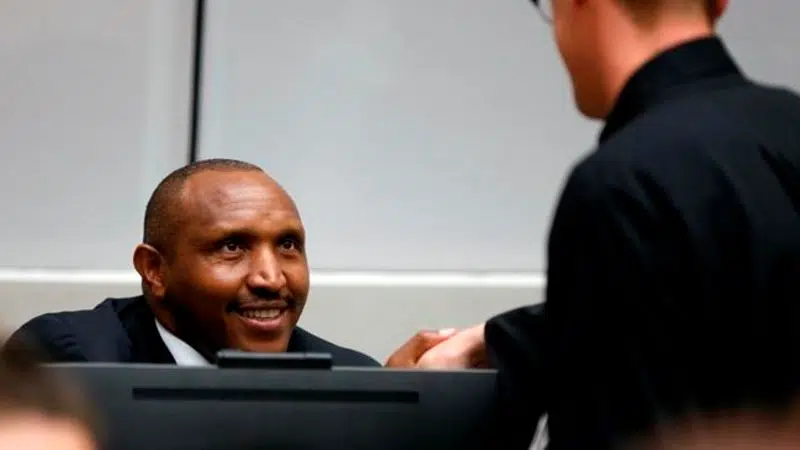
Intl court convicts Congo rebel leader known as ‘Terminator’
THE HAGUE, Netherlands — The International Criminal Court on Monday convicted a notorious rebel commander known as “The Terminator” of 18 counts of crimes against humanity and war crimes including murder, rape and sexual slavery for his role in atrocities in a bloody ethnic conflict in a mineral-rich region of Congo in 2002-2003.
Bosco Ntaganda, who maintained his innocence during his trial, faces a maximum life sentence following his convictions at the global court. He showed no emotion as Presiding Judge Robert Fremr passed judgment.
A separate hearing will be scheduled to determine his sentence. Ntaganda has 30 days to appeal.
Ntaganda was first indicted in 2006 and became a symbol of impunity in Africa, even serving as a general in Congo’s army before turning himself in in 2013 as his power base crumbled.


